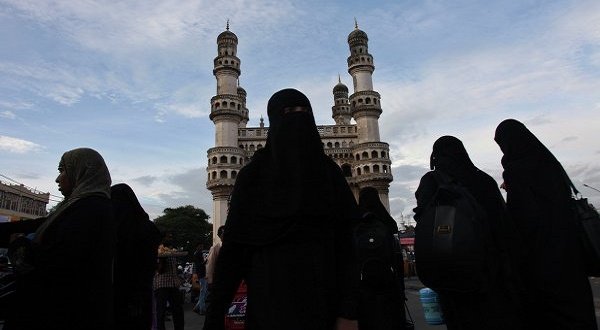
PERSONAL LAWS OF ANY COMMUNITY CANNOT CLAIM SUPREMACY OVER THE RIGHTS GRANTED TO INDIVIDUALS BY CONSTITUTION, RULES THE COURT
Agencies
LUCKNOW — Triple talaq or the practice of Muslim men divorcing their wives by saying “talaq” three times is unconstitutional and violates women’s rights, the Allahabad High Court, the highest court in Uttar Pradesh has said. No personal law board is above the constitution, the Court noted on Thursday.
“Personal laws of any community cannot claim supremacy over the rights granted to the individuals by the constitution,” the High Court said, adding that it would not like to say anything more as the Supreme Court is hearing the case.
The Supreme Court is also hearing petitions challenging triple talaq proclaimed by Muslims for an instant divorce, with women alleging that they are being divorced via Facebook, Skype and WhatsApp.
The constitution allows Muslims, the biggest minority in the country, to regulate marriages, divorces and inheritance through their own civil code.
A Supreme Court bench earlier this year asked the Center to weigh in on whether intervening in the law would violate the community’s fundamental rights.
Women’s rights activists have long called for reform of the Muslim personal law which they say discriminates against women and is against the right to equality. They want a well-defined law that criminalizes polygamy, unilateral divorce and child marriage. They also want an end to ‘halala’, which mandates that if a woman wants to go back to her husband after a divorce, she must first consummate her marriage with another man.
Among the petitions being heard by the top court is that of 25-yr old Afreen Rehman from Jaipur, whose husband divorced her through speed post.
In a landmark judgement in 1985, the Supreme Court granted a 62-year-old mother of five, Shah Bano, alimony for life. But following protests from Muslim leaders and others that the court was being intrusive, the judgment was overturned.

